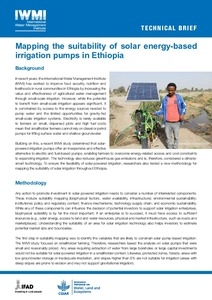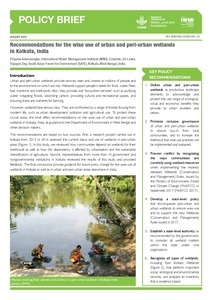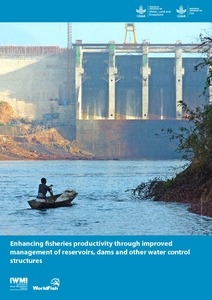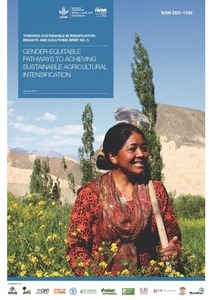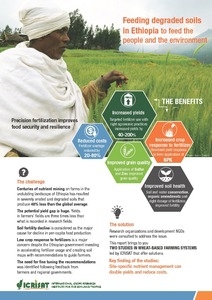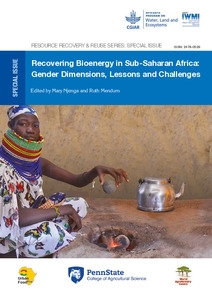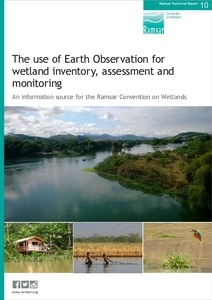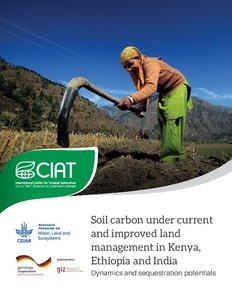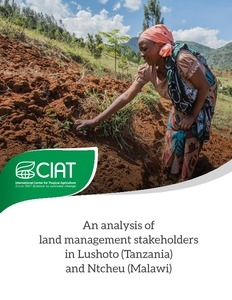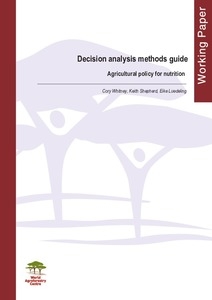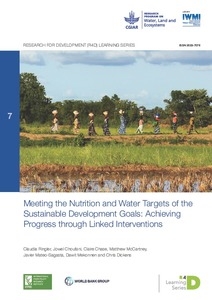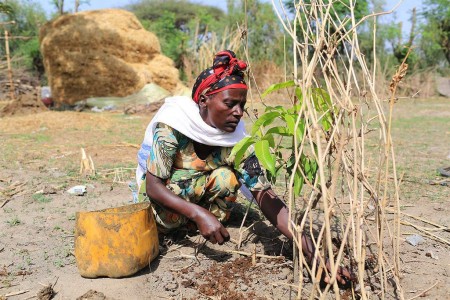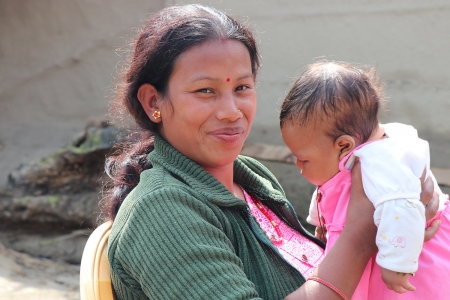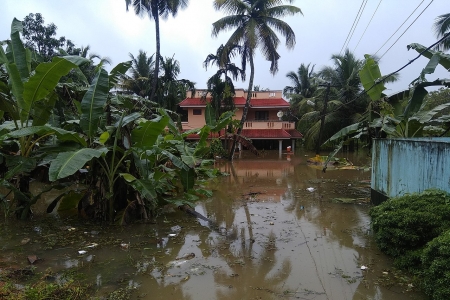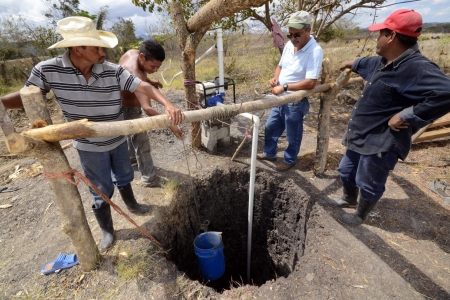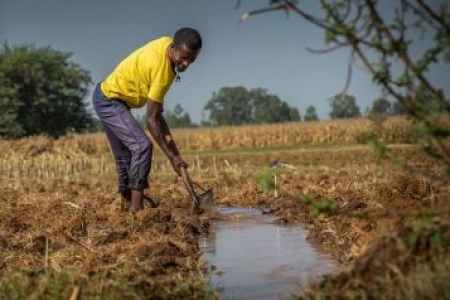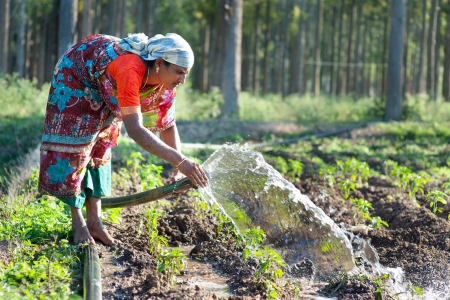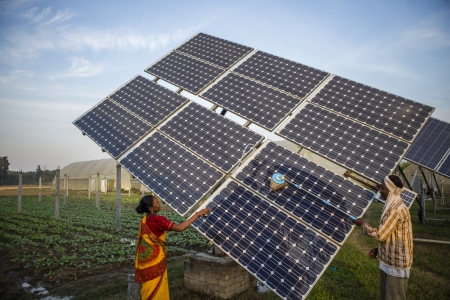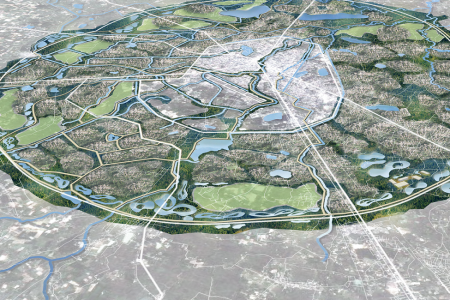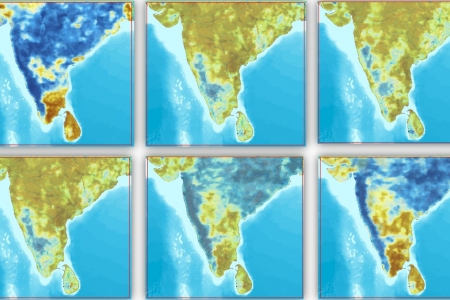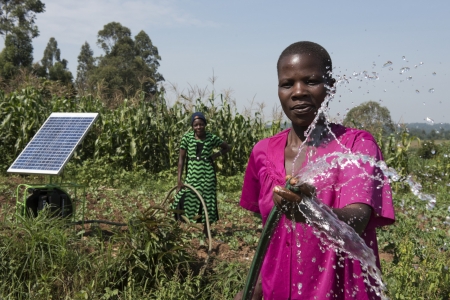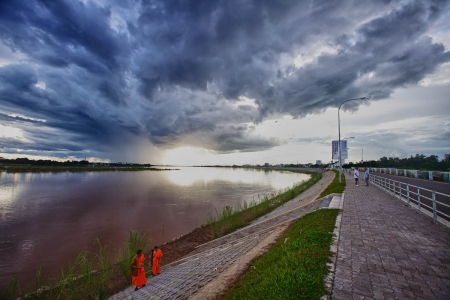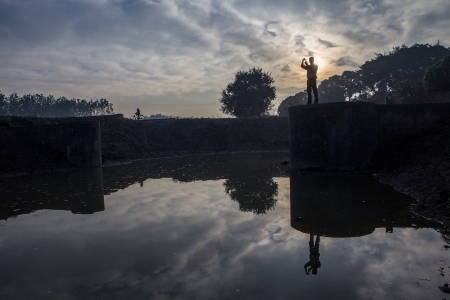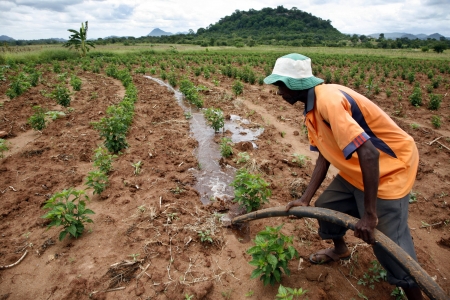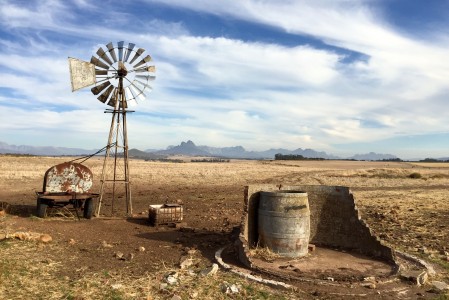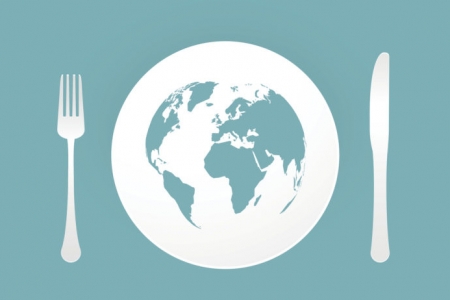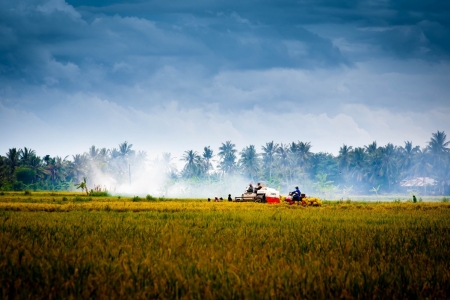
Message from the Program Director
Sustainable agriculture faces a constellation of ever-shifting challenges. Our world’s population grows toward ten billion, but there is now indisputable evidence of multiple serious social and environmental impacts caused by current agricultural and food systems. We are fast approaching our limits. And there is an urgency to assure our solutions can meet new challenges – demographic shifts, urbanization and consumption patterns. And of course climate change, which may just tip our systems over.
And who stands to bear the brunt of these risks? It’s the most vulnerable. Smallholders in the developing world, many of whom are women. Youth. Indigenous peoples. The poor. All face a world veering into the unknown, and all have limited resources to respond.
But as vexing as these challenges seem, new solutions are arising. We are finding new ways to manage resources. New technologies to harness water are scaling. Data is being collected at farm to global levels, feeding into better decisions. Cutting-edge practices and technologies are re-greening degraded lands. Women are better targeted through improved investments. And WLE is moving these pockets of innovation toward policy and institutional change. But much more needs to be done to transform our food systems.
So have our challenges finally met their match? WLE is leading the way on resolving three of CGIAR’s global challenges: Living within PLANETARY BOUNDARIES, sustaining FOOD AVAILABILITY and promoting EQUALITY OF OPPORTUNITY. Here, we highlight 10 key results – all realized through WLE support. And all prove that we can find our way past these global challenges through better natural resource decisions.
Our partners have helped us improve FOOD AVAILABILITY, while living within our PLANETARY BOUNDARIES, by supporting massive new investments in solar irrigation, developing a water scarcity indicator adopted by the UN, rolling out a soil data system across sub-Saharan Africa, and developing sustainable land use alternatives for an incentive scheme to preserve the Amazon rainforest. We’ve also been feeding real-time drought data into government decisions, supporting a data platform to find better water sources, and developed recommendations for how to use otherwise destructive floodwaters to irrigate forages and crops.
Moving towards EQUALITY OF OPPORTUNITY, WLE partners influenced irrigation investments to directly target women and engaged with universities to bring wealth-from-waste business models to young professionals.
And to help guide us through interconnected challenges, WLE is establishing a commission on sustainable intensification of agriculture.
These 10 solutions are but a few highlights from across the WLE portfolio. But each has the potential to scale out and to serve as guideposts for problem-solvers, at a local to global scale.
As tough as our challenges seem, we are making progress. With the right research, investments and political support, we can produce enough nutritional food in an equitable way, while restoring and improving our planet. Indeed, our challenges have begun to meet their match!
Izabella Koziell
Program Director, CGIAR Research Program on Water, Land and Ecosystems (WLE)
Agricultural challengesare meetingtheir matchWLE 2018-19 Research Highlights
Finding the right solutions puts sustainable agriculture within reach
Sustainable agriculture faces a constellation of ever-shifting challenges. Our world’s population grows toward ten billion, but there is now indisputable evidence of multiple serious social and environmental impacts caused by current agricultural and food systems. We are fast approaching our limits.
Play the Sustainable Agriculture Match GameClick two cards. If the pictures match, the WLE solution will pop up! If not, try again with two more cards
Planetary boundaries
Food systems are a major driver of the unsustainable use of the planet’s increasingly fragile ecosystems. Water, land, forests and the biodiversity are precious, yet finite, natural resources. Current trends show that we are pushing the limits of what Earth can handle. How can we transform agriculture so that it's no longer part of this problem, but part of the solution?
Ann Tutwiler (CGIAR Research Program on Water, Land and Ecosystems (WLE))Board Chair
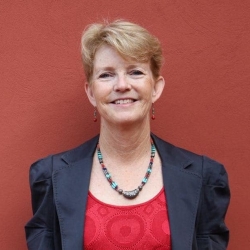
WLE is establishing a commission to convene global experts on sustainable intensification of agriculture. These experts will bring together years of research by WLE, our CGIAR partners and other science institutions to synthesize the best policies, economic incentives, tools, technologies and practices as well as lay out a roadmap for a sustainable and equitable food future.
Step Aston (One Acre Fund)Director - Agriculture Research
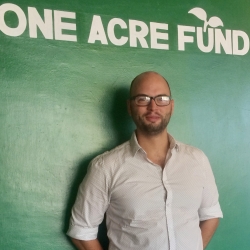
Access to reliable, large-scale, low-cost soil data is an important part of our efforts to develop more locally tailored soil fertility management recommendations and monitor the long-term impacts of our programs on soil health. To date, our soil lab has processed 50,000 soil samples, deriving insights to inform program strategy and decision-making in six countries. This effort would have been cost-prohibitive were it not for the technological breakthroughs and support delivered by the soil-plant diagnostic laboratory.
Food availability
Population growth, demographic shifts, dietary change, climate change and environmental decline challenge everything we know about how to grow and share food. Yet, food production must increase – some estimates say by 50 percent globally, and by almost 100 percent in Africa and Southeast Asia by 2050. But it’s not only about increased production. Better, healthier and more nutritious food is needed too.
Diego Senoner (Indo-German Energy Program)Technical expert

A well-designed KUSUM (Indian solar pump and grid-connected power plant scheme) policy for solar-powered irrigation is important for India to secure sustainable development of agriculture, maintain food security and safeguard groundwater during times of changing climatic conditions.
Marcela Quintero (International Center for Tropical Agriculture (CIAT))Agroecosystems and sustainable landscapes research area director
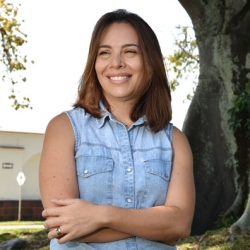
This data platform for improving water management demonstrates the potential that alliances between research centers and development agencies have to generate products that provide concrete solutions to real problems in agriculture. Likewise, these partnerships allow technical and scientific products to reach end users faster.
Equality of opportunity
In this era of planetary degradation, the world’s poorest and most marginalized often bear the brunt of the burden, losing livelihoods and opportunities. This can drive conflict and migration. With men increasingly leaving rural areas, women are playing a greater role in agriculture, but are still often marginalized and lack access to decision making and resources. At the same time, the sector offers fewer viable jobs to youth. Solutions are only sustainable if they are also equitable.
Abdullaeva Uguloi (Water user association of Obchakoron District, Halivad Jamoat, Tatjikistan)Head of WUA
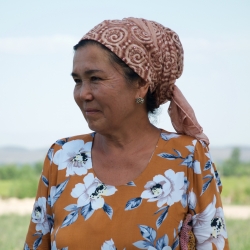
All water user associations should be headed by women. There is so much work, especially at the beginning, but you have to balance so many tasks, and you cannot give up. Women are more likely to overcome barriers. You have to be happy to always be working. Women are much better at this than men.
Miriam Otoo (International Water Management Institute (IWMI))Research group leader for resource recovery and reuse
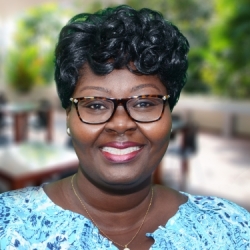
The business of safe recovery of water, nutrients and energy from domestic and agro-industrial waste offers significant opportunities to generate economic and social benefits to women and unemployed youth, especially in developing countries. These entrepreneurs, however, face high market entry barriers due to a lack of social networks, specialist skills and capital. It is therefore important to identify appropriate business training for youth or women entrepreneurs, tailored to their specific needs and capacity gaps under each unique geographical context.
2018 Publications highlights
WLE in the news
Thrive Blog Highlights
WLE is grateful for the support of CGIAR Trust Fund Contributors, including direct support from
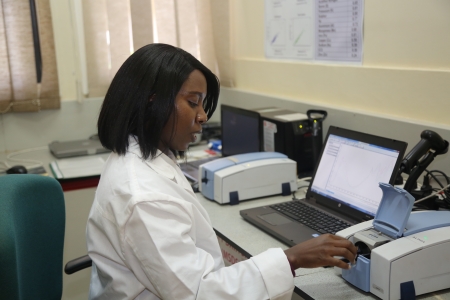
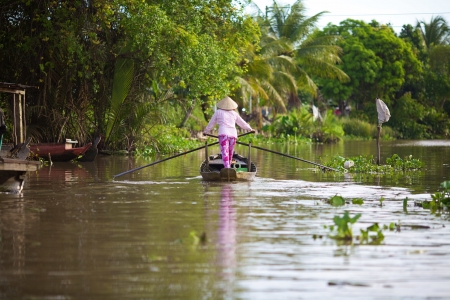
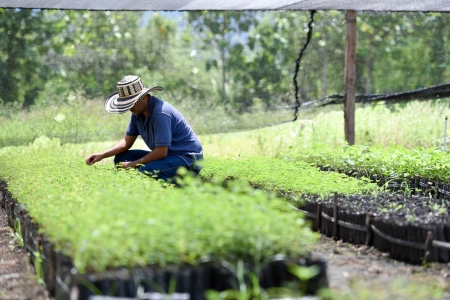
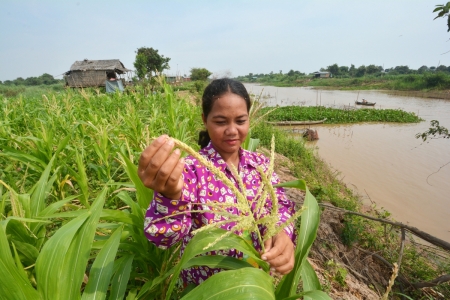
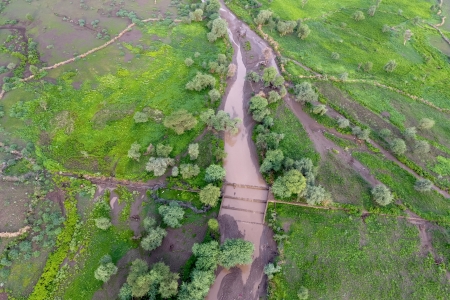
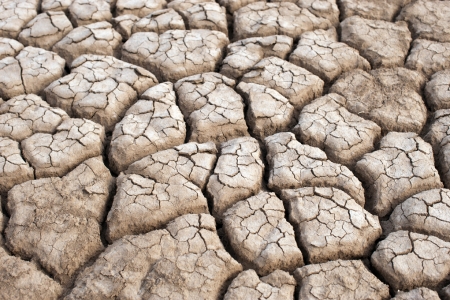
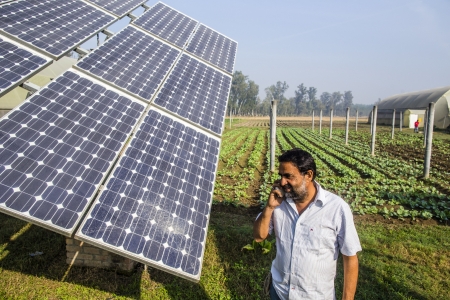
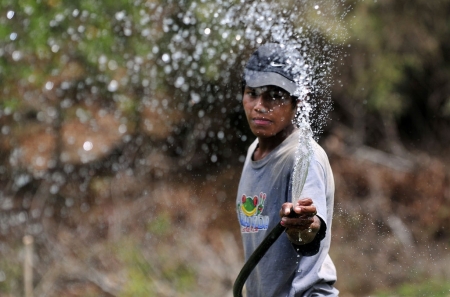
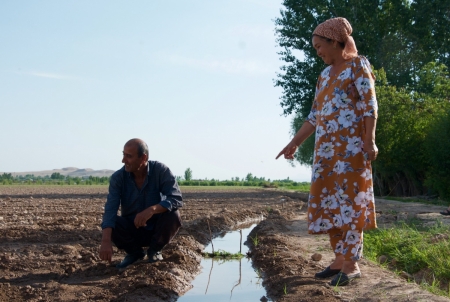
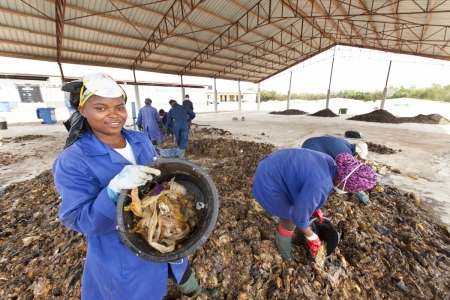
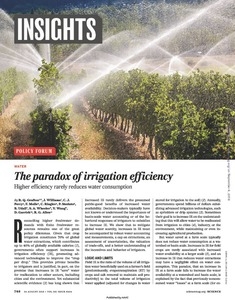
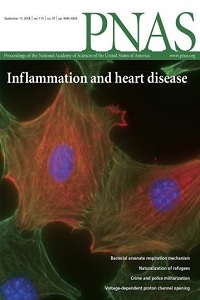
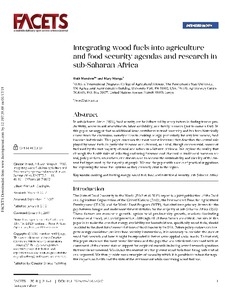
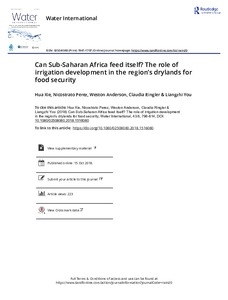
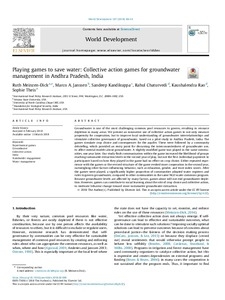
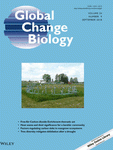

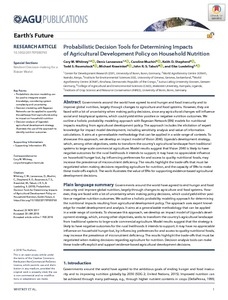
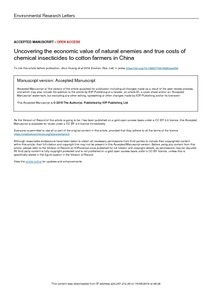
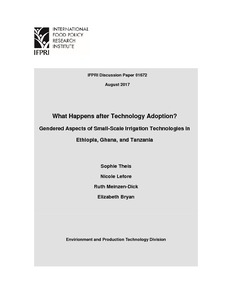
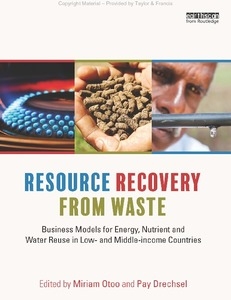
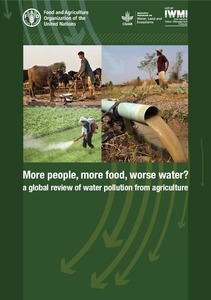
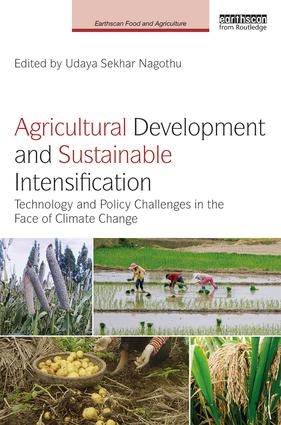
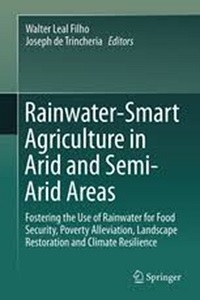
.pdf_/index.jpg?itok=1PqCyZYF)
